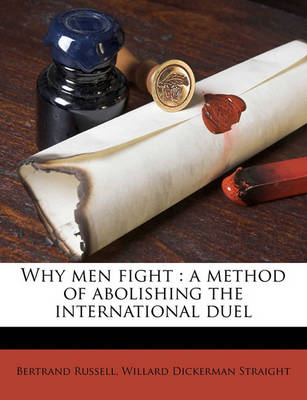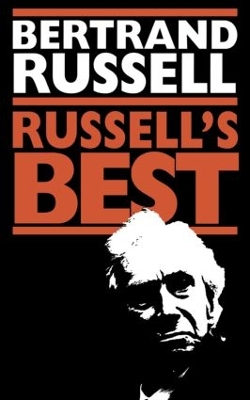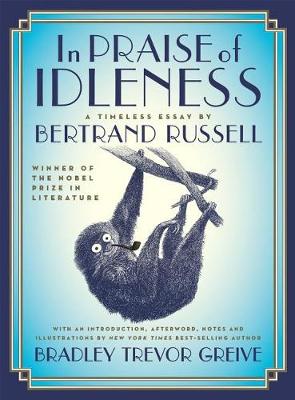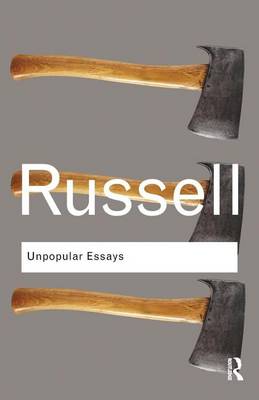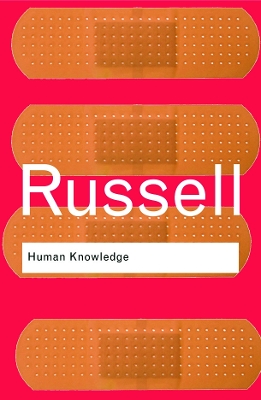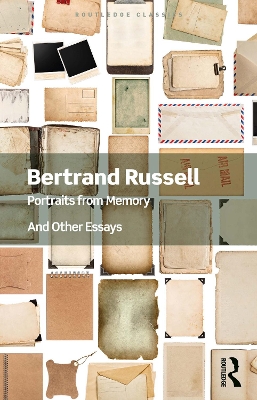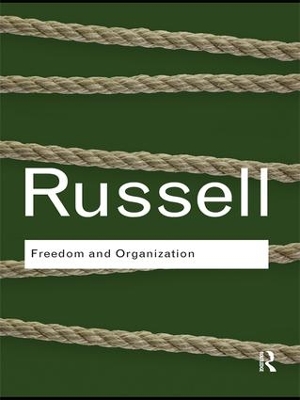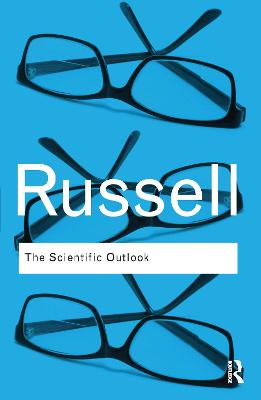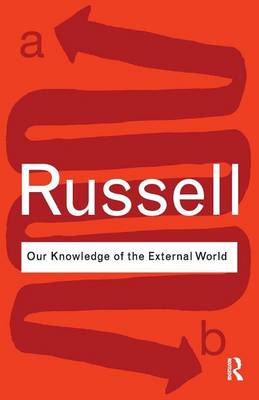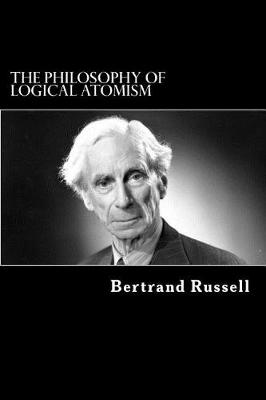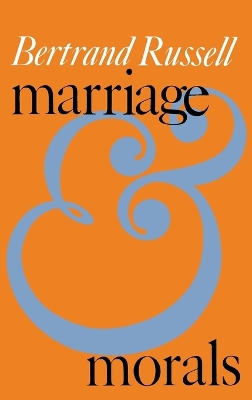Routledge Classics
37 total works
Also published under the title of Principals of Social Reconstruction, and written in response to the devastation of World War I, Why Men Fight lays out Bertrand Russell's ideas on war, pacifism, reason, impulse, and personal liberty. He argues that the individualistic approach of traditional liberalism has reached its limits and that when individuals live passionately, they will have no desire for war or killing. Conversely, excessive restraint or reason causes us to live unnaturally and with hostility toward those who are unlike ourselves. This formidable work greatly contributed to Russell's fame as a formidable social critic and anti-war activist.
Marriage and Morals is a compelling cross-cultural examination of individual, familial and societal attitudes towards sex and marriage. By exploring the codes by which we live our sexual lives and conventional morality, Russell daringly sets out a new morality, shaped and influenced by dramatic changes in society such as the emancipation of women and the wide-spread use of contraceptives. From the origin of marriage to the influence of religion, Russell explores the changing role of marriage and codes of sexual ethics. The influence of this great work has turned it into a worthy classic.
The author is widely regarded as one of the greatest philosophers of the twentieth century and a brilliant writer and commentator on social and political affairs. What I Believe offers a lucid and concise insight into the author's thinking on issues that preoccupied him throughout his life: atheism, religious morality and the impact of science on society. With the addition of two further essays, 'Why I Took to Philosophy' and 'How I Write', this is a superb example of the author as his very best.
One of Russell's most important books, this early classic on science illuminates his thinking on the promise and threat of scientific progress. Russell considers three questions fundamental to an understanding of science: the nature and scope of scientific knowledge, the increased power over nature that science affords, and the changes in the lives of human beings that result from new forms of science. With customary wit and clarity, Russell offers brilliant discussions of many major scientific figures, including Aristotle, Galileo, Newton and Darwin.
With a new introduciton by David Papineau, King's College, London.
How do we know what we "know"? How did we -as individuals and as a society - come to accept certain knowledge as fact? In Human Knowledge, Bertrand Russell questions the reliability of our assumptions on knowledge. This brilliant and controversial work investigates the relationship between 'individual' and 'scientific' knowledge. First published in 1948, this provocative work contributed significantly to an explosive intellectual discourse that continues to this day.
‘I have come to think that one of the main causes of trouble in the world is dogmatic and fanatical belief in some doctrine for which there is no adequate evidence.’ – Bertrand Russell, Portraits from Memory
Portraits from Memory is one of Bertrand Russell’s most self-reflective and engaging books. Whilst not intended as an autobiography, it is a vivid recollection of some of his celebrated contemporaries, such as George Bernard Shaw, Sidney and Beatrice Webb and D. H. Lawrence. Russell provides some arresting and sometimes amusing insights into writers with whom he corresponded. He was fascinated by Joseph Conrad, with whom he formed a strong emotional bond, writing that his Heart of Darkness was not just a story but an expression of Conrad’s ‘philosophy of life’. There are also some typically pithy Russellian observations; H. G. Wells ‘derived his importance from quantity rather than quality’, whilst after a brief and fraught friendship Russell thought D. H. Lawrence ‘had no real wish to make the world better, but only to indulge in eloquent soliloquy about how bad it was’.
This engaging book also includes some of Russell’s customary razor-sharp essays on a rich array of subjects, from his ardent pacifism, liberal politics and morality to the ethics of education, the skills of good writing and how he came to philosophy as a young man. These include ‘A Plea for Clear Thinking’, ‘A Philosophy for Our Time’ and ‘How I Write’.
Portraits from Memory is Russell at his best and will enthrall those new to Russell as well as those already well-acquainted with his work.
This Routledge Classics edition includes a new foreword by the Russell scholar Nicholas Griffin, editor of The Selected Letters of Bertrand Russell.
Written by one of the twentieth century's most significant thinkers, Freedom and Organization, is considered to be Bertrand Russell's major work on political history. It traces the main causes of political change during a period of one hundred years, which he argues were predominantly influenced by three major elements - economic technique, political theory and certain significant individuals. In the witty, approachable style that has made Bertrand Russell's works so revered, he explores in detail the major forces and events that shaped the nineteenth century.
Our Knowledge of the External World. Routledge Classics.
by Bertrand Russell
Logical Atomism is a philosophy that sought to account for the world in all its various aspects by relating it to the structure of the language in which we articulate information. In The Philosophy of Logical Atomism, Bertrand Russell, with input from his young student Ludwig Wittgenstein, developed the concept and argues for a reformed language based on pure logic. Despite Russell's own future doubts surrounding the concept, this founding and definitive work in analytical philosophy by one of the world's most significant philosophers is a remarkable attempt to establish a novel way of thinking.
